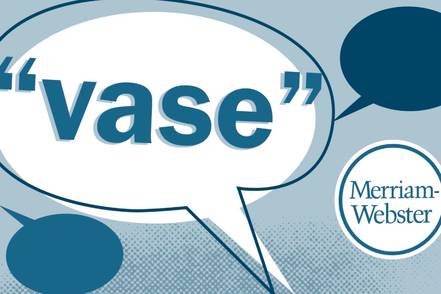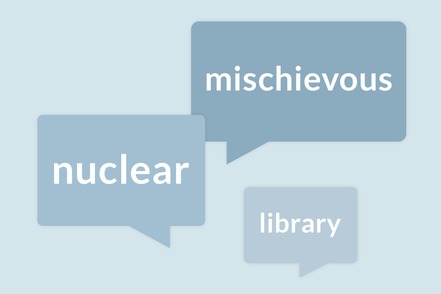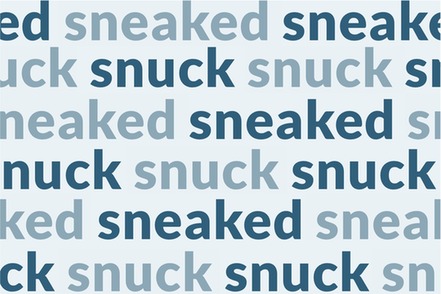Transcript
The word indict is spelled I-N-D-I-C-T, but why is the C silent? Other legal terms in English, that come from the same Latin root, dicere, which means to say, have C's that we actually hear. Words like edict, interdict, and verdict. Indict means to formally decide that someone should be put on trial for a crime. It comes from the Latin word that means to proclaim. We pronounce it indict because its original spelling in English was E-N-D-I-T-E, a spelling that was used for 300 years before scholars decided to make it look more like its Latin root word, indictare. Our pronunciation, however, still reflects the original English spelling. This after-the-fact correction of spellings, based on Latin, is also why there's a B in the words debt, doubt, plumber, and subtle, and a silent S in island.











